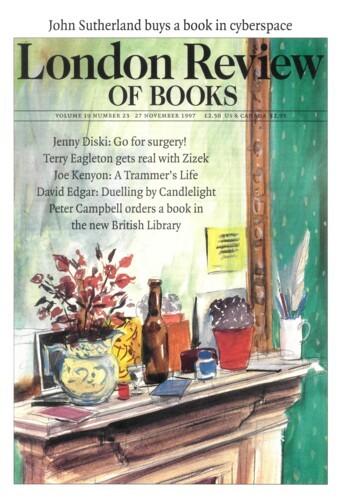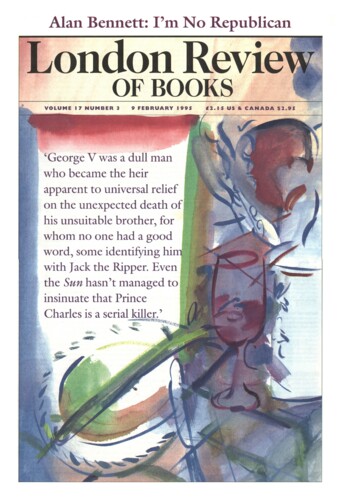When to Stop Counting
Brian Rotman, 27 November 1997
Aheroic story: Andrew Wiles, a Cambridge mathematician living in the United States, emerges after seven years of self-incarceration and paranoid secrecy from his Princeton attic, clutching two hundred pages of hieroglyphics. He is triumphant. He has cracked the most famous problem in number theory: Fermat’s Last Theorem, which has eluded some of the finest efforts of mathematicians for over three hundred years. He is beside himself with anticipated glory, but holds off, maintaining secrecy until the right moment. Serendipitously, a conference on exactly the branch of number theory covering his work is to take place in Cambridge. Choosing an unrevealing title, he lectures on three consecutive days. In the final minute of the final hour, he is able to utter the magic claim that the puzzle of Fermat’s celebrated theorem is now solved. Shocked silence and then a standing ovation from his astonished international colleagues. In the ruthlessly competitive world of research mathematics, Wiles has pulled off one of the most dramatic successes anyone could hope for.


